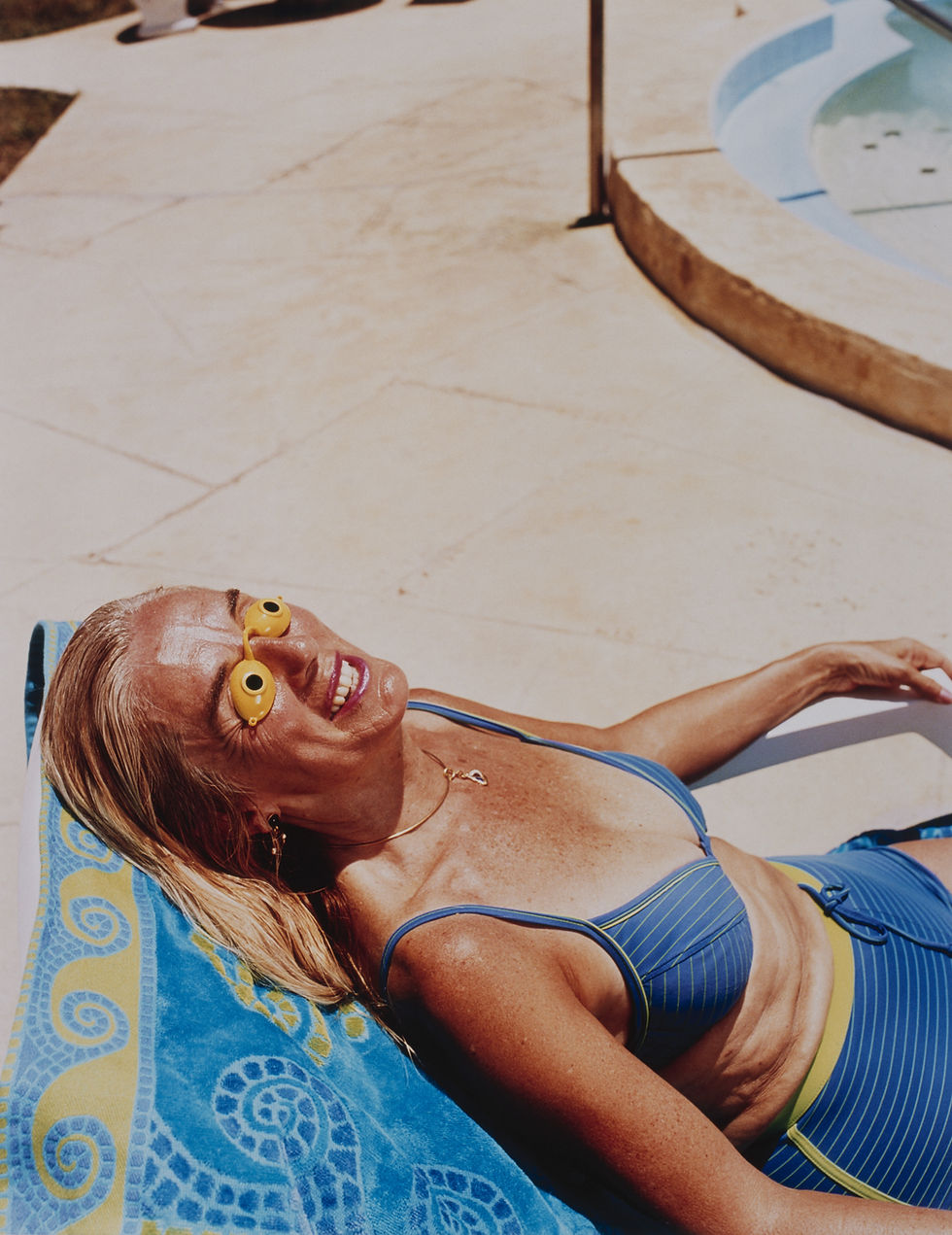Sunshine Do's and Don'ts
- Dr. Teresa True

- Jun 7, 2019
- 3 min read
Updated: Jun 5, 2020
I started writing this post back when the sun was shining here in the PNW, and although our recent sunshine and heat has died down (I think we're having thunder storms today!?) it's always good to be prepared, so I'm posting about protecting your skin while in the sun.

If you're going to be spending time in the sun, please remember to protect yourself, especially if your skin is as porcelain as mine. More people are diagnosed with skin cancer each year in the U.S. than all other cancers combined, and one in five Americans will develop skin cancer by the age of 70. Skin cancers can range from "Ugh, not another one" to life threatening. Actinic keratosis is the most common precancer and it affects more than 58 million Americans. Most common skin cancers include squamous cell carcinoma (annoying, can be unsightly, sometimes concerning), basal cell carcinoma (locally destructive and damaging) and melanoma (highly invasive and deadly).

For more statistics related to skin cancer, visit SkinCancer.org. Preventing sunburns is done best with adequate sun screen. Anytime you plan on being in the sun, it's highly recommended that you use an SPF of up to 30-50. Any SPF rating after 50 doesn't offer any additional protection. Be careful of fragrances and parabens (methyparaben, propylparaben and similar) in the ingredients as they can disrupt hormones, and watch out for spray sunscreens which contain Oxybenzone, an ingredient many people are allergic to. I like to choose a sunscreen with simple ingredients which contain zinc oxide or titanium dioxide as the main ingredient. Those infused with botanicals can even help provide extra protection in the form of friendly antioxidants. You want your sunscreen to leave your skin a little white after application, that way you know that it's reflecting the UV rays, rather than absorbing them. Make sure to apply sunscreen at least 30 minutes before going out in the sun, and reapply often - even more often if you're around water or sweating heavily. If you'd like to compare sunscreens, use the EWG's Skin Deep site to help advise you. Don’t forget to seek the shade when available, and avoid being in the sun during its strongest times – 10 am to 4 pm.

If you still “feel the burn”, there are natural ways to soothe it. Coconut oil, vitamin E and vitamin A oils are great because they are soothing and provide antioxidants to help protect against skin cancer. Aloe vera gel is the classic go-to for its cooling and soothing effects. Do not pop blisters if they form, and resist the urge to peel your skin as it heals. This can cause superficial wounds in the skin which could become infected.
If you plan on being in the sun, plan on covering up. Sun umbrellas, large hats, long sleeves and pants will protect you and your family from sunburn. Fewer sunburns mean less chance of future skin cancer such as melanoma. If sunscreen isn’t available, coconut oil or even carrot seed oil provide some protection from the sun.
Be sure to schedule an exam if you find any concerning skin changes, especially mole changes. If you have a lot of moles you should get a skin exam yearly with a dermatologist.
Enjoy the summer sun, here's hoping it comes back soon!
Disclaimer: The entire contents of this website are based upon the opinions of physicians at Pacific Clinic of Natural Medicine, unless otherwise noted. Individual articles are based upon the opinions of the respective author, who retains copyright as marked. The information on this website is not intended to replace a one-on-one relationship with a qualified health care professional and is not intended as medical advice. It is intended as a sharing of knowledge and information from the research and experience of our physicians and their community. PCNM encourages you to make your own health care decisions based upon your research and in partnership with a qualified health care professional. If you are pregnant, nursing, taking medication, or have a medical condition, consult your health care professional before using products based on this content.
If you want to use an article on your site please direct to and cite the original article page. This content may be copied in full, with copyright, contact, creation and information intact, without specific permission, when used only in a not-for-profit format. If any other use is desired, permission in writing from PCNM and the original author is required.




Comments